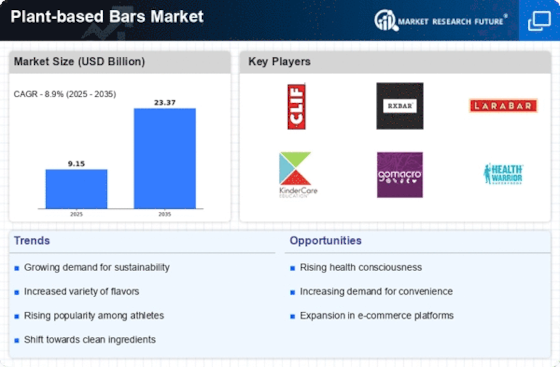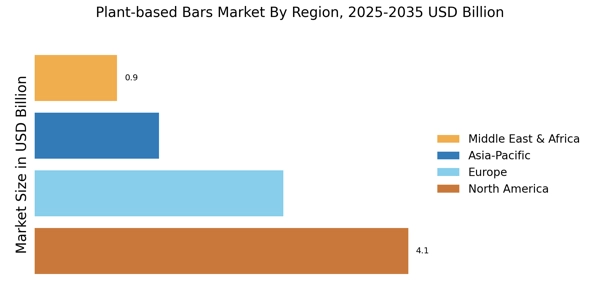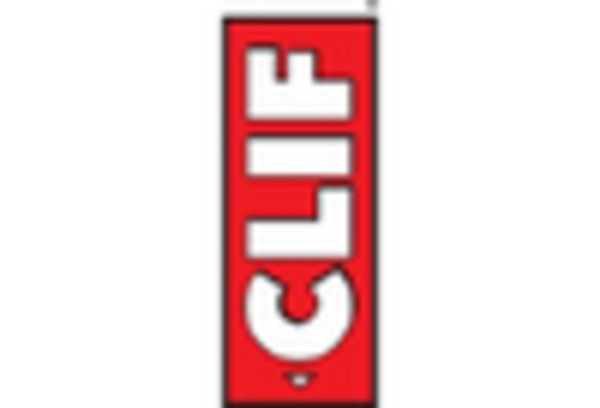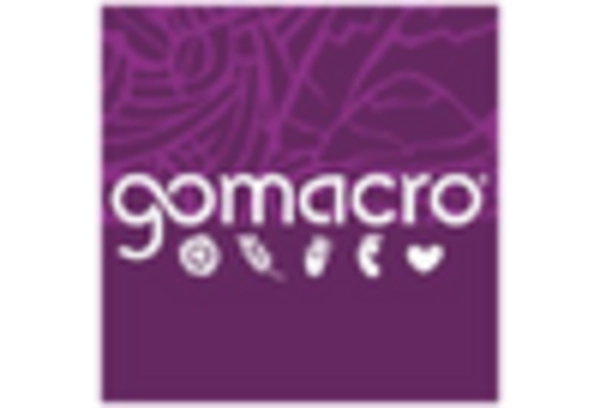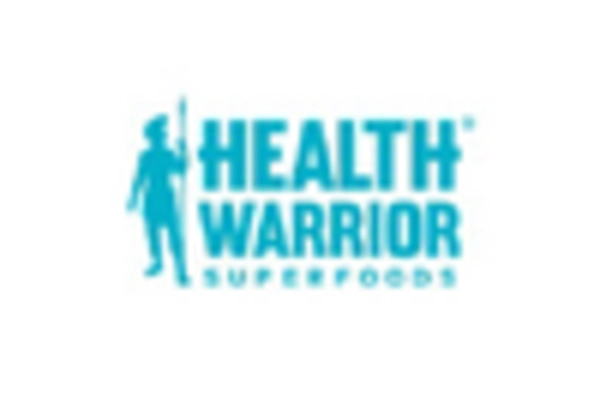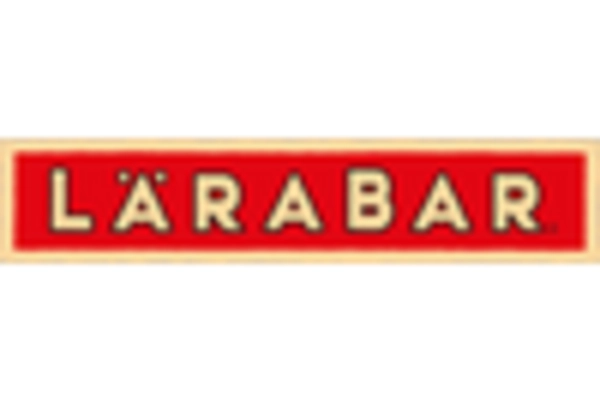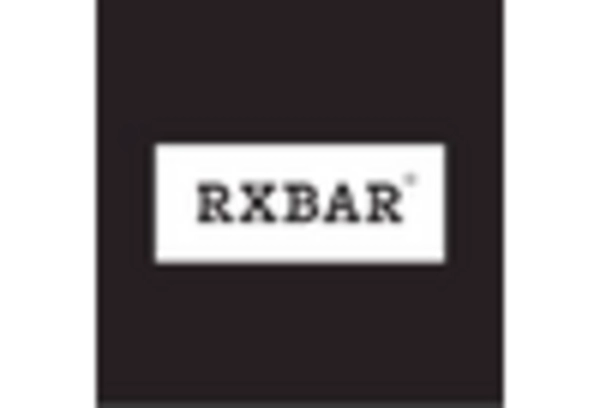Leading market players are investing heavily in research and development in order to expand their product lines, which will help the Plant-based Bars Market, grow even more. Market participants are also undertaking a variety of strategic activities to expand their footprint, with important market developments including new product launches, contractual agreements, mergers and acquisitions, higher investments, and collaboration with other organizations. To expand and survive in a more competitive and rising market climate, Plant-based Barsindustry must offer cost-effective items.
Manufacturing locally to minimize operational costs is one of the key business tactics used by manufacturers in the Plant-based Bars industry to benefit clients and increase the market sector. In recent years, the Plant-based Bars industry has offered some of the most significant advantages to medicine. Major players in the Plant-based Bars Market, including Kellogg’s Company (U.S.), Green’s Gone Wild, LLC (U.S.), General Mills Inc. (U.S.), 88 Acres (U.S.), LoveRaw (U.K.), GNC Holdings LLC (U.S.), Raw Bite (Germany), Rise Bar (U.S.) and others, are attempting to increase market demand by investing in research and development operations.
A protein bar made by Kellogg's-owned Chicago Bar Co. is called an RXBAR. It's created using egg whites, dates, almonds, and dried fruit. In 2013, co-founder Jared Smith and Peter Rahal created the first RXBAR in their parents' Glen Ellyn basement. 75 people were employed at Chicago Bar Co. as of 2017. The company was purchased by Kellogg's for $600 million in October 2017. The business debuted a range of nut butters in March 2018 that include egg whites for extra protein.
In June RXBAR introduced its first plant-based protein bar.
The new RXBAR Plant product replaces the egg whites in traditional RXBAR bars with 10 grams of plant-based protein. RXBAR's official website as well as other retail shops such as Kroger, Target, and others sell the product.
Bobo's is an American snack manufacturer. Beryl Stafford and her daughter "Bobo" founded the company in Boulder, Colorado in 2003. Bobo's objective was to produce more nutritious and healthy snacks. Oats, oil, brown sugar, and brown rice syrup were used to make the first oat bar. The simple oat bars, baked in the shape of a rectangle, were later packed for production in 2004. January 2023, Bobo's has introduced a new range of protein bars with 15 grams of protein and manufactured with clean and simple ingredients.
The protein bar comes in two flavours: double chocolate almond butter and chocolate chip peanut butter. Furthermore, these new protein bars are kosher, gluten-free, and non-GMO.


